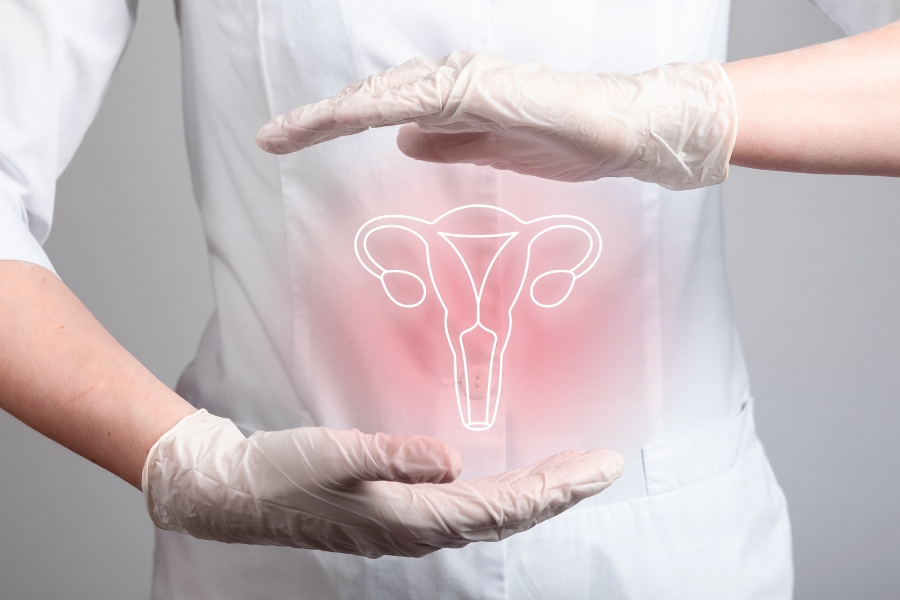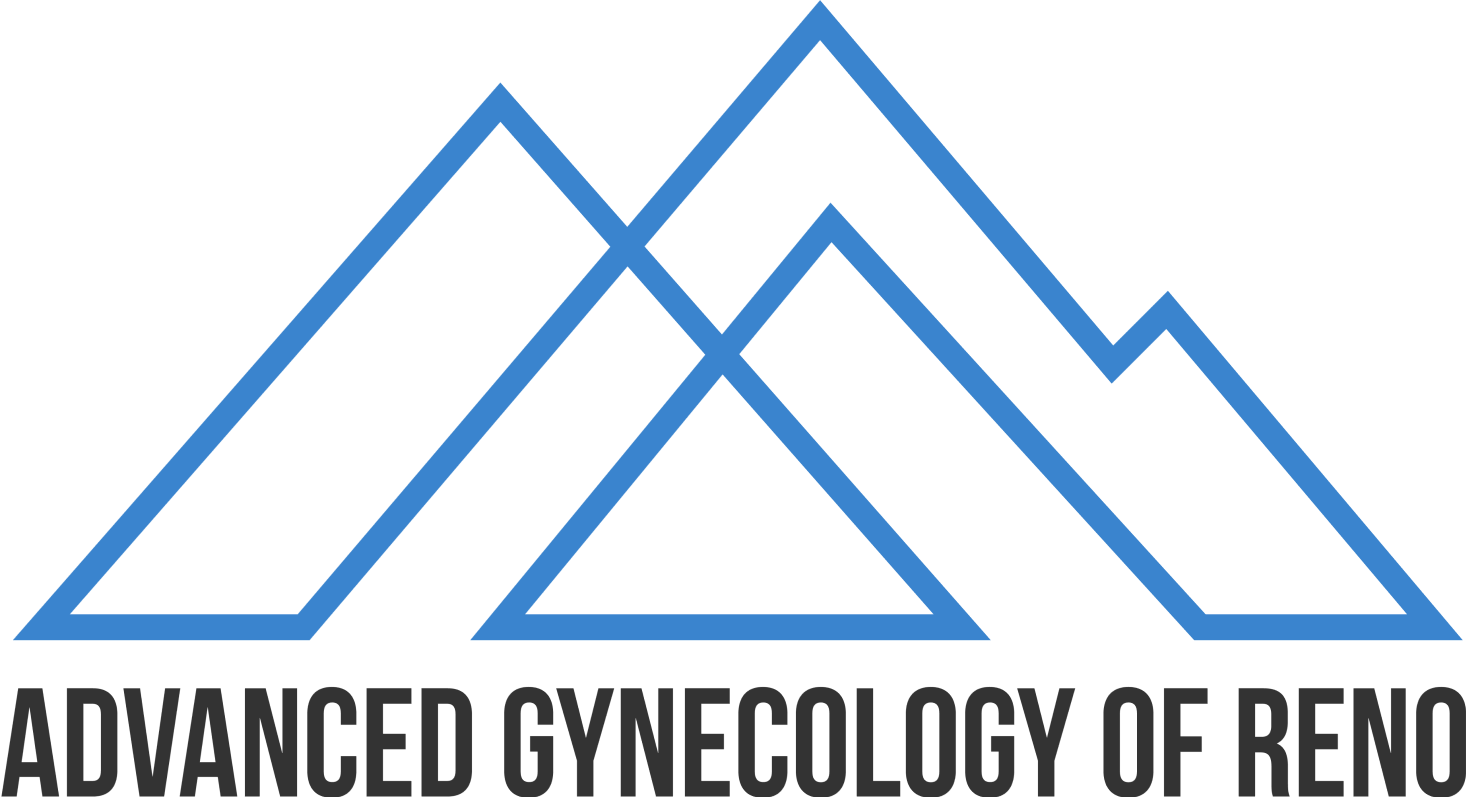Categories
Archives

In the realm of women’s health, knowledge is empowerment. One crucial aspect that often requires careful consideration is a hysterectomy. While the decision to undergo a hysterectomy is deeply personal and medical, providing women with comprehensive information can empower them to make informed choices about their reproductive health. Keep reading to learn the basics of hysterectomy, shedding light on what women need to know about this surgical procedure.
What is a Hysterectomy?
A hysterectomy is a surgical procedure that involves the removal of the uterus, and in some cases, other reproductive organs like the ovaries and fallopian tubes. This procedure is often recommended for various medical reasons, such as uterine cancer, chronic pelvic pain, endometriosis, or other serious conditions affecting the female reproductive system.
Educating Women about Indications
First and foremost, women should be educated about the medical conditions that may necessitate a hysterectomy. Understanding the indications, such as cancer or severe endometriosis, can help women grasp the gravity of the situation and make informed decisions in consultation with their healthcare providers.
Types of Hysterectomy
There are different types of hysterectomy procedures, each with its own implications. Women should be aware of the distinctions between total hysterectomy (removal of the uterus and cervix), subtotal or partial hysterectomy (removal of the uterus but leaving the cervix intact), and radical hysterectomy (removal of the uterus, cervix, parts of the vagina, and surrounding tissues). The choice of procedure depends on the underlying medical condition and individual health considerations.
Impact on Fertility
A key aspect of education about hysterectomy is its impact on fertility. Women of reproductive age need to understand that a hysterectomy will result in the inability to conceive naturally. However, in cases where the ovaries are preserved, hormone production may continue, offering the potential for surrogacy or egg donation.
Recovery and Postoperative Care
Knowing what to expect during the recovery period is crucial for women considering or undergoing a hysterectomy. Understanding postoperative care, including physical restrictions, potential side effects, and the timeline for returning to normal activities, helps women prepare both mentally and physically for the healing process.
Caring For Your Emotional Well-being
The emotional aspects of a hysterectomy are often overlooked. Women may experience a range of emotions, including grief, loss, or relief. Providing information on the emotional impact, as well as support resources such as counseling or support groups, can be instrumental in helping women navigate this aspect of their journey.
Alternative Options
It’s essential to educate women about alternative treatments and options before deciding on a hysterectomy. Conservative treatments, medications, or less invasive surgical procedures may be viable alternatives for some medical conditions. Encouraging open communication with healthcare providers ensures that women explore all available options before making a decision.
Contact Advanced Gynecology of Reno to Learn More
Empowering women with knowledge about hysterectomy is a fundamental step towards promoting informed decision-making and holistic well-being. Advanced Gynecology is committed to providing comprehensive information, support, and compassionate care to women navigating the complexities of reproductive health. By fostering understanding and open communication, we aim to guide women on their individual journeys, ensuring that they feel empowered and confident in their choices for a healthier future.
Contact us today and let our compassionate team answer your hysterectomy questions.





